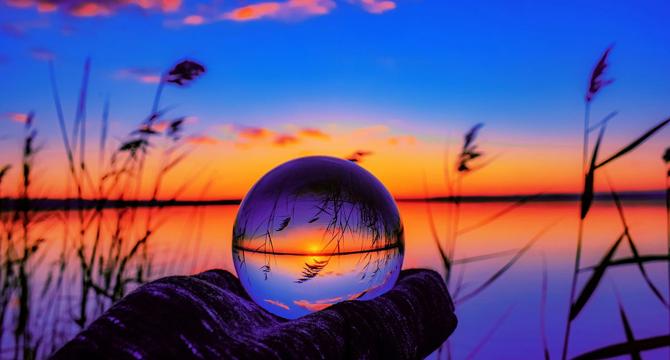Medium
1d
337

Image Credit: Medium
Painted by a Prompt: This Looks Amazing… But Who Made It?
- The use of AI in creating art has sparked a debate on whether algorithms should be allowed to compete with humans in art contests.
- AI-generated art is becoming more common and is accessible to a wide range of people, leading to questions about collaboration versus competition with AI.
- Art competitions have historically been influenced by technological advancements like cameras and digital tools, with AI being the latest disruptor.
- While some artists view AI as a shortcut and even cheating, others see it as the next evolution of artistic tools, akin to brushes or software.
- Working with AI can offer artists new perspectives, faster creation processes, and unique ideas, which can be advantageous in contest settings.
- Questions on ownership arise when AI is involved in creating art, leading to discussions on disclosure and the role of AI developers in sharing credits.
- Concerns about uniqueness, bias, and potential loss of technical skill due to AI assistance in art creation are raised, impacting the authenticity and diversity of artworks.
- Organizers of art contests need to consider the implications of AI usage to maintain fairness, diversity, and the human touch that makes art meaningful.
- There is a need for transparency in AI-assisted art creation to preserve the essence of artistic journeys and avoid undermining the human effort behind each piece.
- Proposals such as creating separate categories for AI-generated works or establishing clear guidelines aim to ensure a balanced and inclusive approach in art competitions.
- Maintaining a balance where AI is seen as a tool rather than the primary creator can uphold the integrity and excitement of art contests, fostering a future where both human creativity and AI innovation coexist harmoniously.
Read Full Article
20 Likes
For uninterrupted reading, download the app